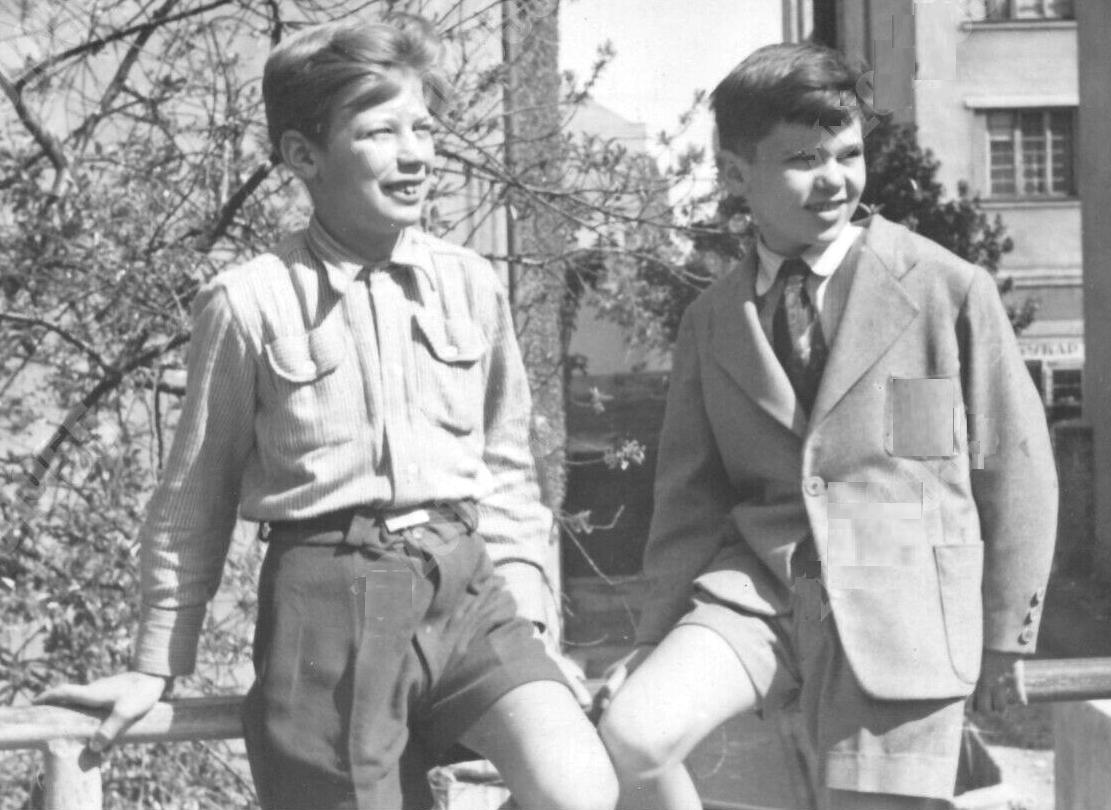
Figure 1.--Here we see two unidentified Serbuan boys in the 1950s. Noice how the boy in just a shirt bitton it at the collar. The other boy ears a fairly standard single-breasted short oants suit. |

|
We do not yet have much information on boys' suits in Serbia. Our archive is very limited which prevents us from developing much detail. We have, however, begun to acquire some images and have developed a little information. The chronology was different than in Western Europe. A major consideration here is that Serbia was just emerging from the Ottoman era in the 19th century. People in rural araeas till wore traditiinal styles. The suit is a Western garment and at first only worn by boys from the gradually increasing number of Western oriented families. Here we see a family that had adopted various Western styles at an early point, we think in the 1870s (figure 1). At the turn-of-the century we see some suits with some Serbian decorative touches.We see stylish Western suits after World War I when Serbia became the dominant part of Yugoslavia. Even after the Communists seized control in the aftermth of World War II, we coninue to see boys wearing fashionanle suits. The suits are not different from whatb we see in Estern Europe. This coinyinued until suits began to become less fashionanle in the 1960s.
Navigate the Boys' Historical Clothing Web Site:
[Introduction]
[Activities]
[Biographies]
[Chronology]
[Clothing styles]
[Countries]
[Bibliographies]
[Contributions]
[Essays]
[FAQs]
[Glossaries]
[Images]
[Links]
[Registration]
[Tools]
[Boys' Clothing Home]
Navigate the Boys' Historical Clothing national pages:
[Return to the Main Serbian suit page]
[Return to the Main Serbian garment page]
[Return to the Main Serbian page]
[Return to the Main European country page]
[Australia]
[Austria]
[Belgium]
[England]
[France]
[Germany]
[Ireland]
[Italy]
[Japan]
[Korea]
[Mexico]
[New Zealand]
[Scotland]
[United States]
